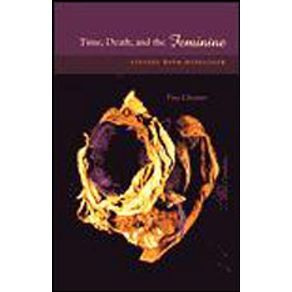Examining Levinas's critique of the Heideggerian conception of temporality, this book shows how the notion of the feminine both enables and prohibits the most fertile territory of Levinas's thought. According to Heidegger, the traditional notion of time, which stretches from Aristotle to Bergson, is incoherent because it rests on an inability to think together two assumptions: that the present is the most real aspect of time, and that the scientific model of time is infinite, continuous, and constituted by a series of more or less identical now-points. For Heidegger, this contradiction, which privileges the present and thinks of time as ongoing, derives from a confusion about Being. He suggests that it is not the present but the future that is the primordial ecstasis of temporality. For Heidegger, death provides an orientation for our authentic temporal understanding. Levinas agrees with Heidegger that mortality is much more significant than previous philosophers of time have acknowledged, but for Levinas, it is not my death, but the death of the other that determines our understanding of time. He is critical of Heidegger's tendency to collapse the ecstases (past, present, and future) of temporality into one another, and seeks to move away from what he sees as a totalizing view of time. Levinas wants to rehabilitate the unique character of the instant, or present, without sacrificing its internal dynamic to the onward progression of the future, and without neglecting the burdens of the past that history visits upon us.


